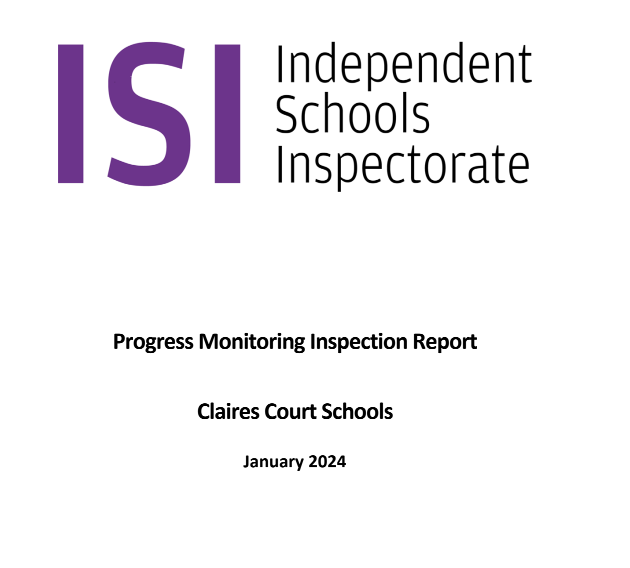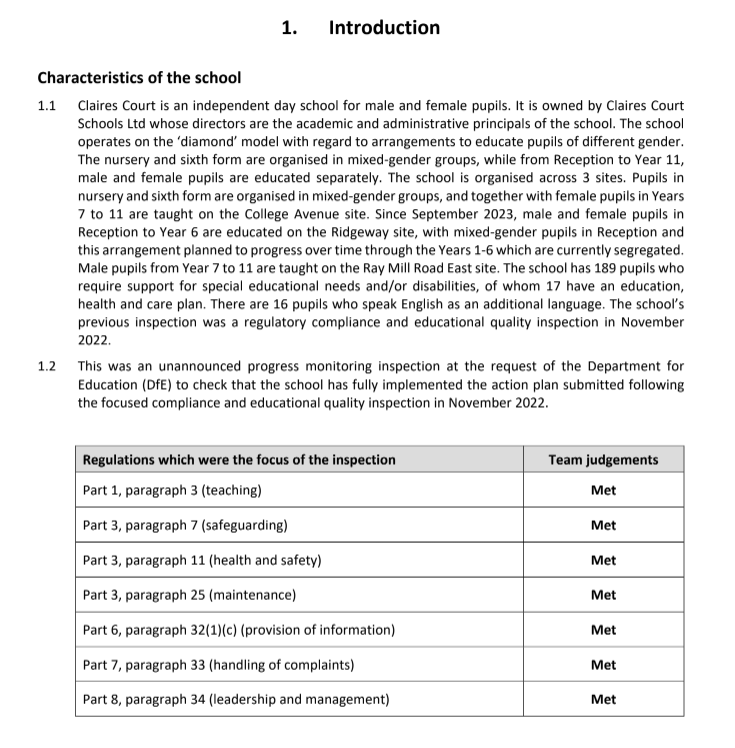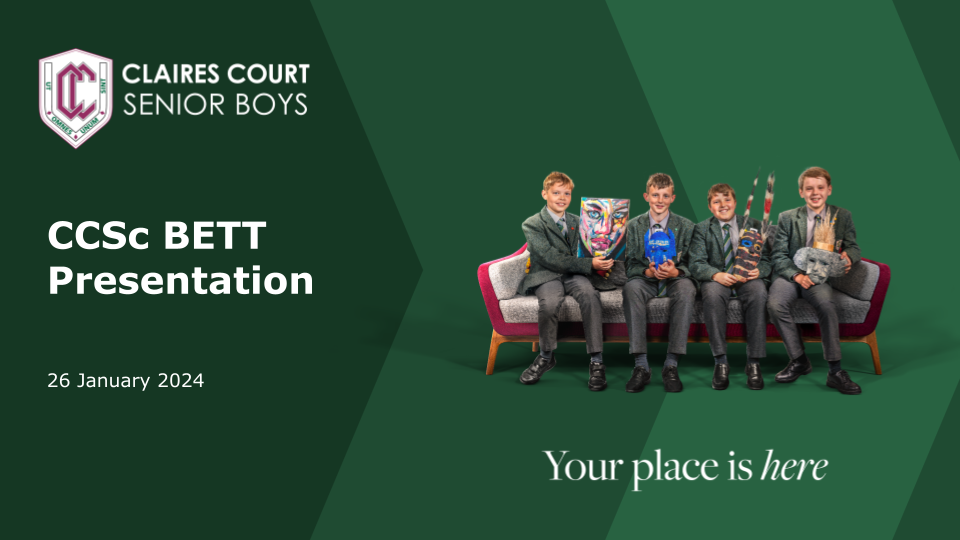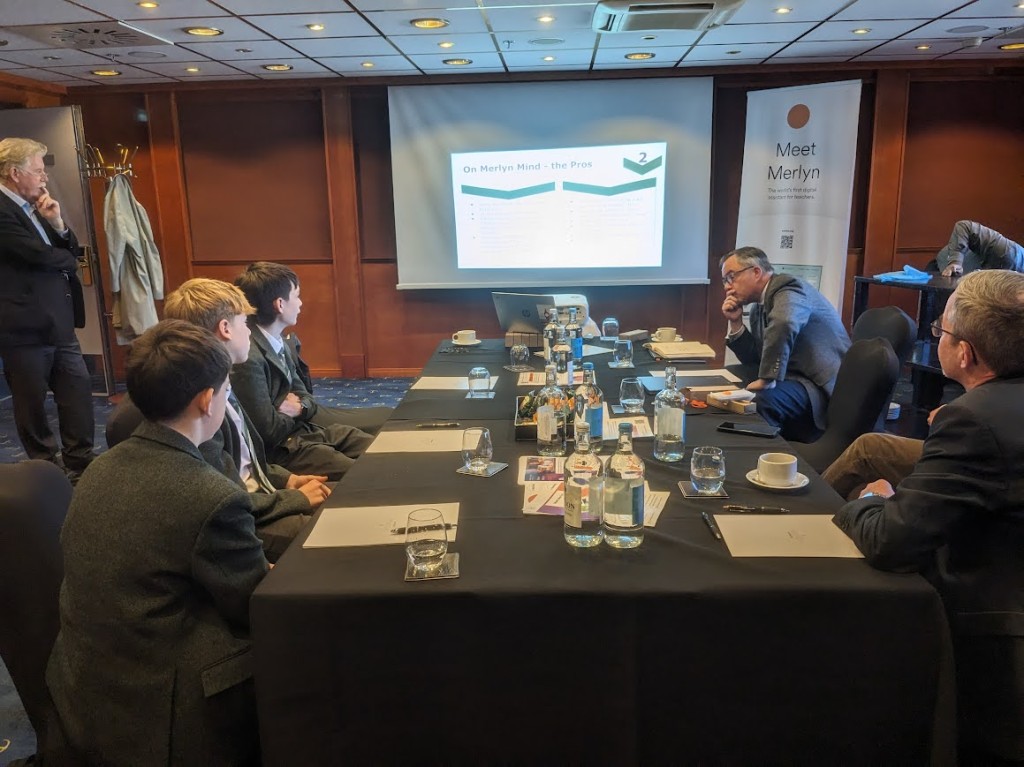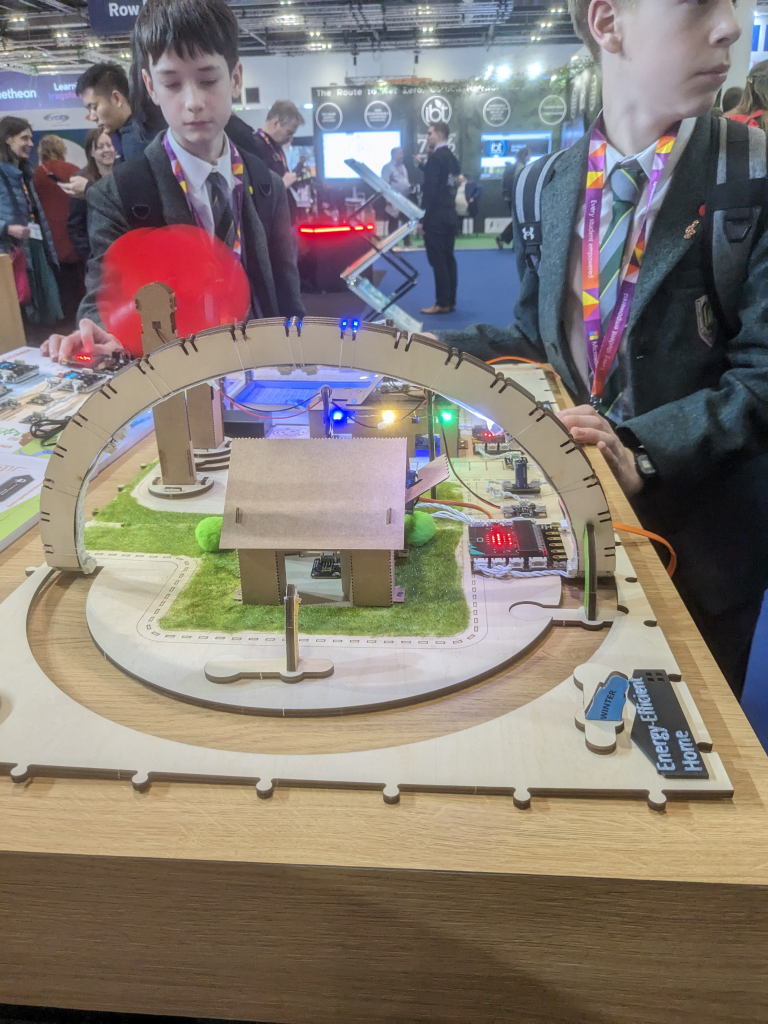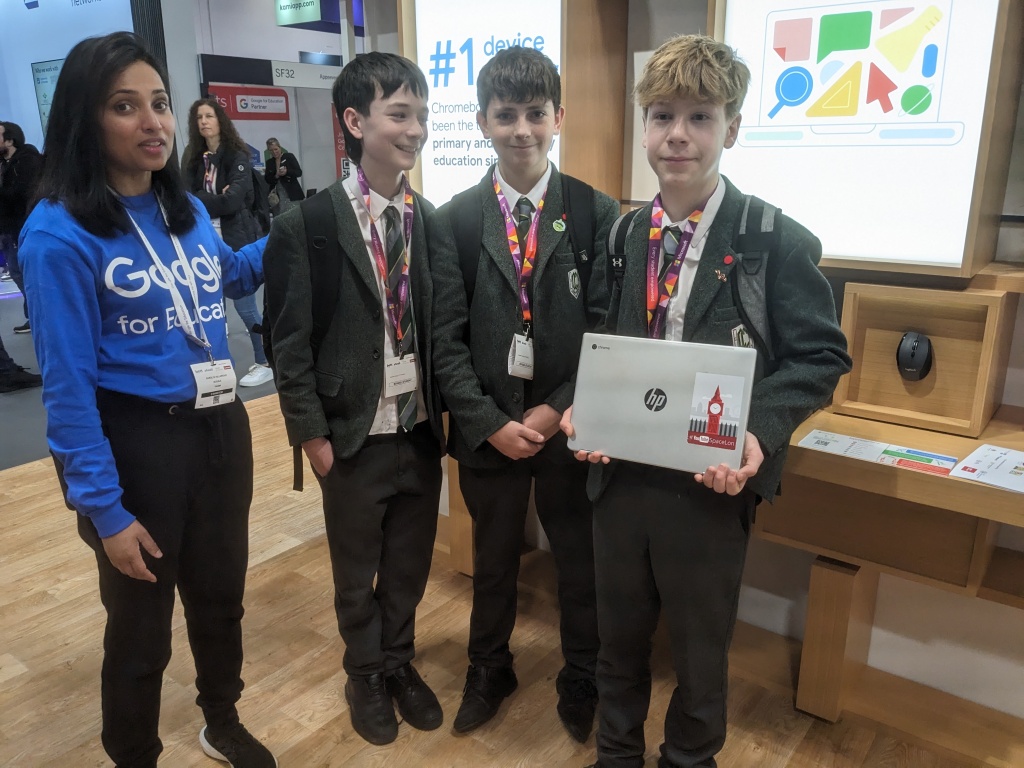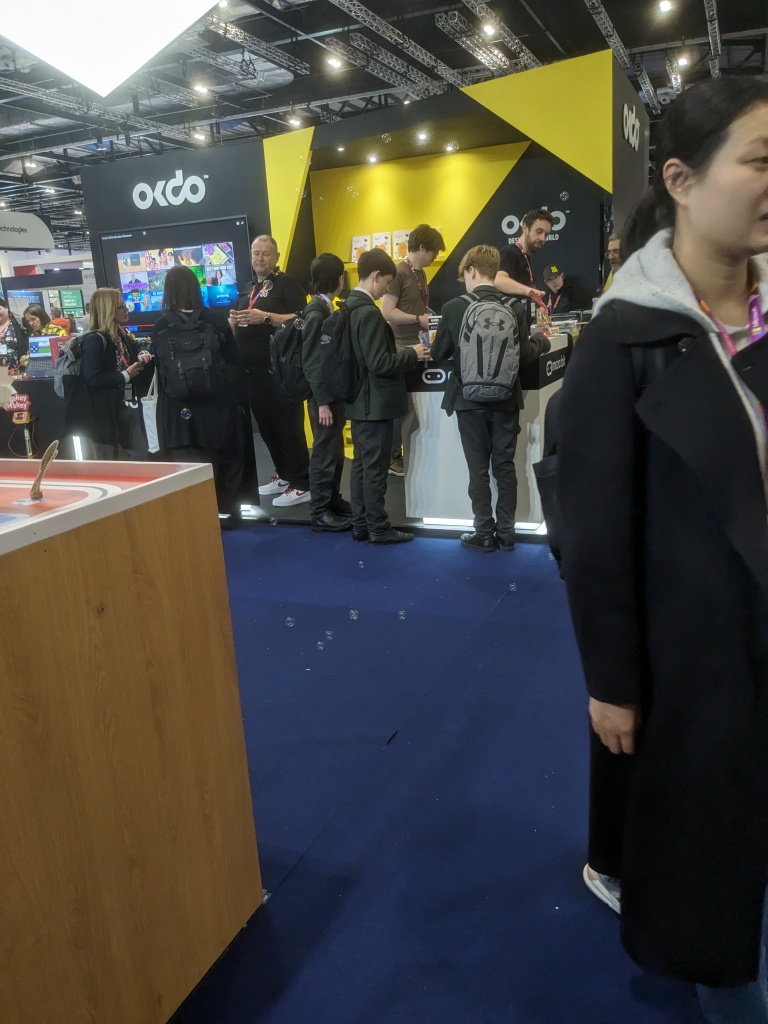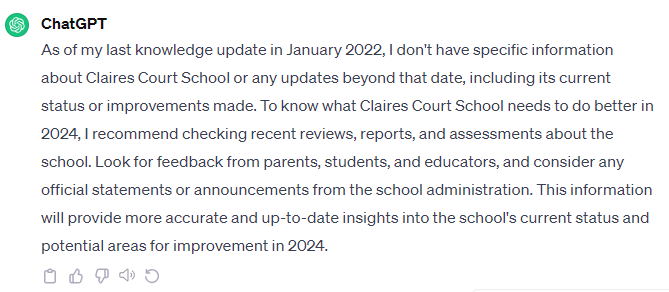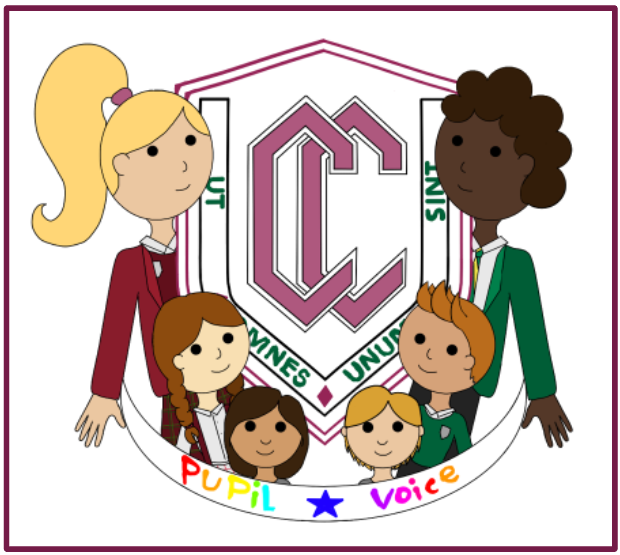One of the most brilliant films I saw early in my childhood was the re-released film “The Wizard of Oz” (originally 1939). Put simply, in a world that was still largely black and white, TV absolutely and a lot of film too, the extraordinary and lavish nature of Oz was something else and genuinely transported us all into a mystical world, in which it must be said, not all was good.
The phrase “I’ve got a feeling we’re not in Kansas anymore” has developed a different meaning since Oz has become a universal feature of life, a way in which we as adults can fret a little that the world we were born and brought up in doesn’t actually make sense. That helpful utility Quora says it straight:

As this is a blog with an educational slant, I’ll fess up that it was receipt of an urgent email from the DfE on Monday last directing me to check a host of ‘Do Now’ activities to ensure school was ready to return to work this summer term that has moved me to go political. Now the email was not personal to CC but a generic message to the whole of the School Sector – “Update to all education and childcare settings and providers”. You can read that here if you want to see what I mean. Please don’t though, because I am just using this penultimate message received last week to illustrate the point that “The DfE does not run schools”! 4 days later, another message from DfE arrived, a start of term card from the Secretary of State for Education, the Rt Hon Gillian Keegan highlighting the need for schools to improve attendance, celebrated the arrival of additional nursery places for 2 year olds, invited all Headteachers to join her for a live broadcast chat last Wednesday and finally, highlighting the need for Headteachers to remember ‘Thank a Teacher’ day.
Call me an old cynic if you like, but the reality 2 weeks later is that Independent Schools simply are not permitted to comply with the government’s wishes to share attendance data, the video link to Gillian’s Keegan was unwilling to be found as were the funds for the additional nursery places and finally, I really don’t know of a headteacher that doesn’t thank their teachers every day – we need to do just that, as the profession is under incredible pressure over the country because the teaching role has expanded so massively to include almost full wrap-around responsibility for everything to do with children plus engagement with a bureaucracy imposed on schools by the government over the past 14 years which has exploded beyond reason. It’s almost impossible to overstate just how complex the public exam system has become; Claires Court has 3 senior school centres to run, covering both GCSEs and A levels, to stretch over 8 weeks this summer, occupying of course all of our big halls in College Ave and Ray Mill Road East. Our Deputy Head Curriculum and her exam manager and 2 additional officers have to start the planning for the Summer term from 1 January, 20+ additional independent adults recruited to support all of the exams including Art to keep teachers out of temptation.
It’s not just education that faces this explosion of bureaucracy; everyone now suffers from the local planning system that has gone the same way. When we applied for our new sports hall, with associated roadway and car park at Ridgeway 21 years ago in 2003, the application to approval time took exactly 3 months and required 3 documents, attracted a correspondence summary and a 5th paper to document approval. Our current application to install a small multi user all weather surface covering 3 tennis courts has attracted 28 documents to include multiple specialist reports to date and still counting, and almost 6 months later still no approval confirmed. I won’t go on any more…
A successful, democratic system needs stable government but also stable and reasonable expectations that education, health and care can be delivered in a well coordinated matter. There is nothing visible any time soon that suggests national government will bring these matters under control, and the last thing Education needs is the continuous on-going creep of the DfE to take charge of everything over in our state schools, the complete antithesis of the freedoms the Thatcher, Major and Blair reforms brought for them from the previous 30 years. Access to children and Adolescent care services and funding has never been so rationed, almost certainly linked to the impossibly tight control the government has placed on funding for the training for future professionals in education, health, care and above all, public service in the emergency services and the military.
I’ve worked since the age of 18, including before and during my student years. At that time, we faced the 3 day week, strikes and a time of similar despair on the failure of national government to get its house in order, but we knew then that the disruption to normal was just that. My wife and I could buy a 2 bed flat as soon as we started work, and opportunities quickly opened up in the years that followed. Now, I don’t see that landscape at all, nor do the alternative Politicians waiting expectantly to take over offer anything like that, just more of the same. The Labour Party’s position to introduce a 20% tax on our tuition fees is completely unreasonable, runs in the face of all other Western democracies and will have a huge and disproportionate impact on over 100,000 children whose parents have chosen our sector because their special needs cannot be met by the state, Much the same is the case for boarding schools; of course it seems that for some families they used boarding to buy access to privilege, but in the main, parents seek residential placements for their children’ schooling because it meets those other needs that the children or parents might have, such as expert coaching in Academic disciplines, Performing Arts, Music and Sports (which cannot be delivered in a day school) or safe care for children whose parents are in the military or work abroad for UKPLC to further support our interests overseas.
Dorothy didn’t recognise Kansas, after she and her pet dog Toto had been swept over in to the magical land of Oz. Fortunately, as the story unfolds, and with the help of her 4 friends, the scarecrow, the tin woodman, the lion and the wizard, they defeat the wicked witch of the West. We too have been swept into a political landscape we no longer recognise; those that lead our country lied to us about the benefits of austerity, compounded the felony by taking us out of Europe fueled by further lies, have failed in their stewardship of our water, transport and energy services and above all in choosing to grab central control of the finances for education, health and care destroyed the local government’s powers to make a difference for the better. Strong public investment is essential to resolve the issues I have highlighted – you can’t rely on the market to return us back to ‘Kansas’; trickle down economics might eventually repave our roads and rebuild our hospitals, but it’s the investment in will, time and intellect to reduce again the waiting list for everything back from years to months to weeks and as soon as possible to days. That way we might get back to Kansas after all!

